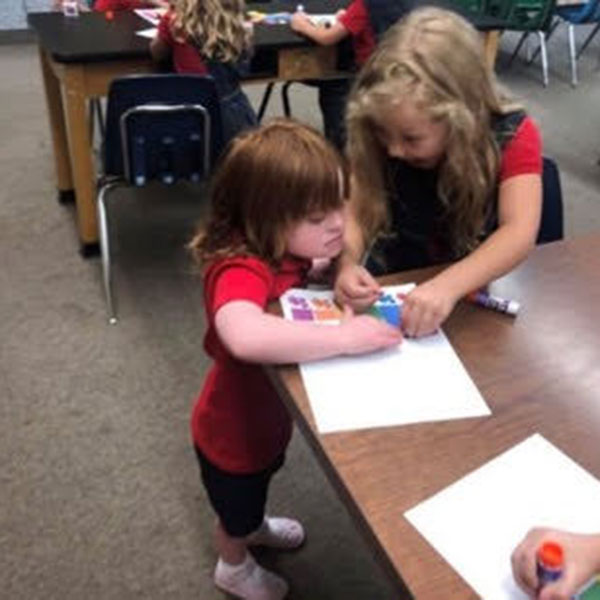Helping your clients get organized: Structure is a critical step in multi-generational philanthropy
Instilling the idea of charitable giving in children and grandchildren at first blush may appear to be easy, but where to begin, and how to make it ongoing? More and more, wealth advisors are being asked by their clients to weigh in on strategies for fostering a family’s financial values, which frequently include charitable giving traditions.
An important first step in creating any multi-generational philanthropy plan is to advise clients to consider organizing their charitable giving, such as through a family donor-advised fund at YouthBridge Community Foundation.
The process of organizing charitable giving itself creates much-needed clarity around the family’s philanthropic purpose. This is because without an organized approach to family giving, it is easy for children and grandchildren to get confused about their parents’ and grandparents’ processes for making decisions about which nonprofits to support.
Consider this scenario:
“Before we got everything organized through a community foundation, our family seemed to take a shotgun approach to charitable giving,” commented the daughter of an entrepreneur who formed a family donor-advised fund upon the sale of a business.
Her mother, the entrepreneur, had underestimated the confusion: “Nearly every check I’d ever written to a charity was aligned with my commitment to supporting a healthy workforce in our community. Without a healthy workforce, my business would never have been successful. Now, though, I see that because I was not involving the rest of my family in my giving and explaining why I was supporting certain causes, it might have looked chaotic to them.”
Establishing a fund at YouthBridge can be a very effective solution for many of your clients who are launching a multi-generational giving strategy. Here’s why:
- Community foundation vehicles are extremely flexible and can be used to engage an extended family in the process of charitable giving. Donor-advised funds, for example, are popular because they allow your client to name children and grandchildren as successor advisors.
- When your client organizes charitable giving through a community foundation fund, the client can make a large transfer of cash or marketable securities that is immediately eligible for a charitable deduction. Your client then can recommend gifts to favorite charities from the fund when the time is right. This is especially useful in the case of clients who sell a business or for another reason experience a large influx of taxable income in a single tax year.
- Establishing a donor-advised fund at YouthBridge can be a much better choice for your family-oriented clients than a donor-advised fund offered through a brokerage firm (such as Fidelity or Schwab). That’s because, at a community foundation, your clients, as well as their children and grandchildren, are part of a community of giving and have opportunities to collaborate with other donors who share similar interests.
- YouthBridge can work with a client and the client’s family on a charitable giving plan that extends for multiple future generations. That is because the experienced team at YouthBridge supports strategic grant making, family philanthropy, and opportunities to gain deep knowledge about local issues and nonprofits making a difference.
- Finally, YouthBridge Community Foundation’s tools and resources make it much easier for families to communicate across generations about the family’s charitable giving purpose and goals for long-term impact.
We welcome the opportunity to work with you and any of your philanthropic clients to establish an enduring and rewarding family philanthropy program that is customized to meet each client’s unique purpose.
YouthBridge Community Foundation of Greater St. Louis is a resource and sounding board as you serve your philanthropic clients. We understand the charitable side of the equation and are happy to serve as a secondary source as you manage the primary relationship with your clients. This newsletter is provided for informational purposes only. It is not intended as legal, accounting, or financial planning advice. If you have any questions, please contact Michele Mosley.
